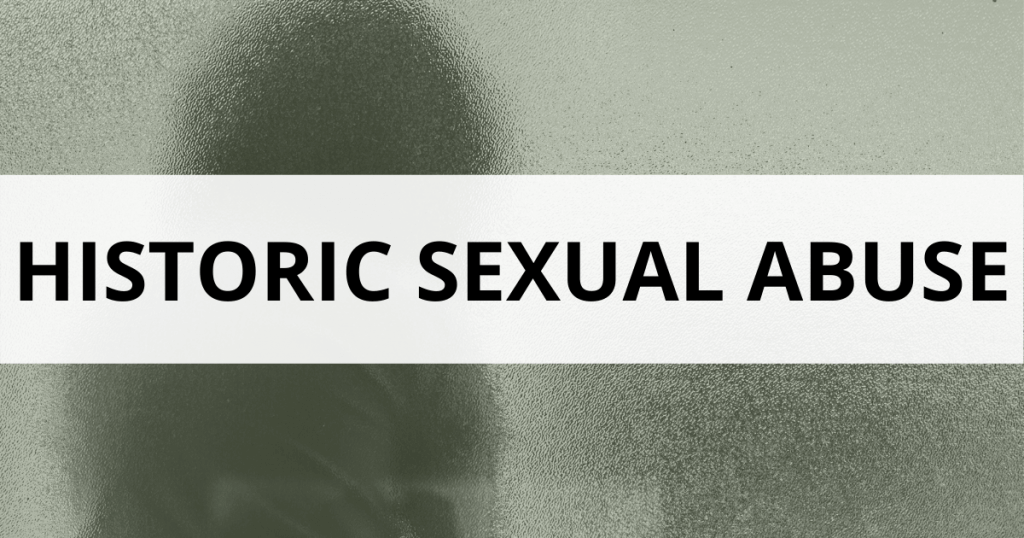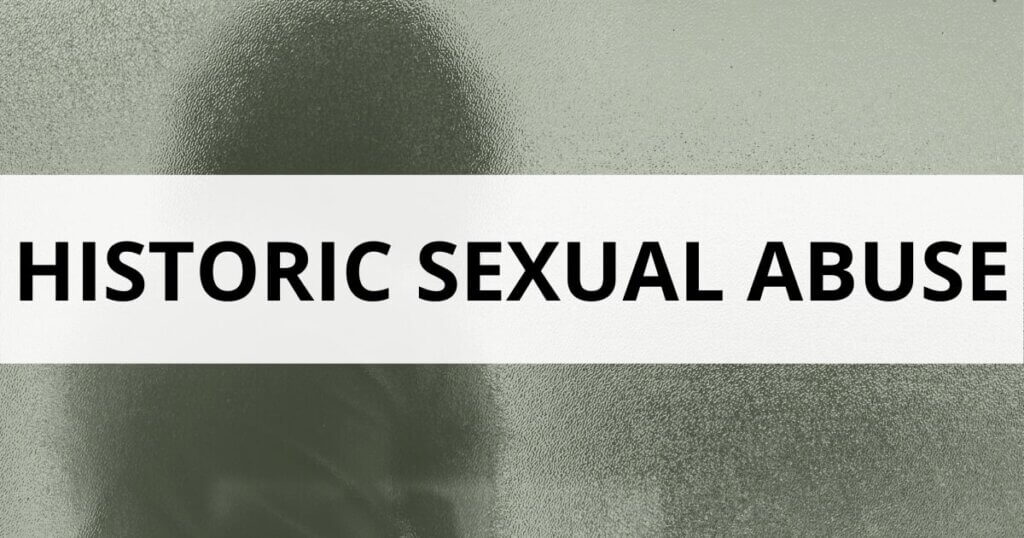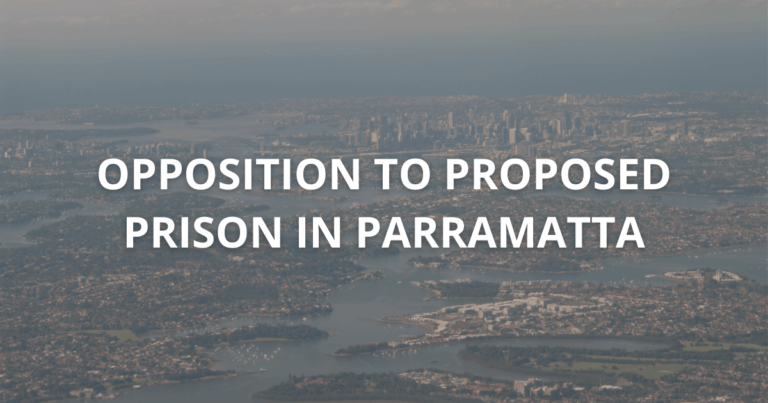
New Hope For Victims Of Historical Sexual Abuse In Major High Court Decision
GLJ v The Trustees of the Roman Catholic Church for the Diocese of Lismore [2023] HCA 32
The High Court allowed an appeal against the Court of Appeal of the Supreme Court of New South Wales. The majority (Kiefel CJ, Gageler and Jagot JJ; Steward and Gleeson JJ dissenting) held that it was wrong to conclude that there could be no fair trial of these proceedings and, the historical sexual abuse proceedings should not have been the subject of an order for a permanent stay [82].
GLJ vs Trustees of the Roman Catholic Church for the Diocese of Lismore
The appellant, GLJ, filed a claim against the Trustees of the Roman Catholic Church for the Diocese of Lismore for personal injury. This arose from alleged historical sexual abuse perpetrated upon her in 1968 when she was 14 years of age by a priest who was incardinated from the Diocese of Lismore.
The Diocese sought a permanent stay application on the basis that the proceedings would be unnecessarily unfair in circumstances where:
- There was a 55 year delay from the alleged assault in bringing the proceedings; and
- The priest alleged to have assaulted the appellant is deceased.
The primary judge dismissed the diocese notice of motion, and gave reasons that:
- A fair trial need not be perfect;
- Child sexual abuse of this nature occurs in private and eyewitness evidence is rarely available; and
- The diocese made submissions indicating it could contradict GLJ’s claim.
The Diocese appealed this decision to the Court of Appeal Supreme Court of NSW on the basis that the primary judge erred in principle and misapplied his discretion in failing to permanently stay the proceedings. The Court of Appeal re-exercised the power to grant a permeant stay, deciding that such a stay was valid as no fair trial was possible.
The appellant appealed to the High Court of Australia raising two issues:
The applicable standard for appellate review of an order of a court permanently staying proceedings on the ground that a trial will be necessarily unfair or so unfair or oppressive to the defendant as to constitute an abuse of process.
As we will explain, the applicable standard for appellate review of such an order is the “correctness standard” identified in Warren v Coombes. [1]. And also whether the appellant’s proceedings against the respondent, the Trustees of the Roman Catholic Church for the Diocese of Lismore (“the Diocese”), involve an abuse of process justifying a permanent stay of the proceedings.
The Court by majority held that the alleged abuse of process needs evaluation in the legal context created by the insertion of 6A in the Limitation Act, the majority stated at [50]:
A person within the relevant class created by s 6A of the Limitation Act can “allow time to pass”84 if that passing of time involves nothing more than the expected consequences of the types of psychological harm caused by the child abuse the subject of the claim (and not, for example, a deliberate forensic decision to try to obtain some advantage from delaying the making of the claim). Further, the inevitable fading of memories and loss of evidence (whether it be from death, illness, infirmity, or the loss or destruction of documents), in the context established by s 6A, are properly to be understood as routine and unexceptional sequelae of the harm caused by the alleged act the subject of the claim.
The majority also held at [18] that:
The doctrine of abuse of process is one element in a court’s armoury to protect the administration of justice, but it is to be understood as a measure of last resort to be exercised only in exceptional circumstances.
And at [3] held that:
If a court refuses to exercise its jurisdiction to hear and decide cases in other than exceptional circumstances and as a last resort to protect the administration of justice through the operation of the adversarial system, that refusal itself will both work injustice and bring the administration of justice into disrepute.
Further, the majority determined that the Court of Appeal’s determination was wrong for the following reasons:
- The priest is not a defendant to the proceedings, and it is not a case in which it may be presumed that the diocese would have sought information from the priest had he been alive or necessarily called as a witness [76]
- There is evidence from which is could reasonably be inferred that, if required to answer, he would have denied to allegation [77]
- It may be inferred from the documentary evidence that other allegations had been put to the priest and were denied [78]
- The laicisation process gave the diocese an opportunity to take whatever steps it saw fit to make further enquires but did not take the opportunity to do so and fully inform themselves of the extent of the priests alleged crimes [79]
- The death of the priest did not prevent the diocese from subsequently finding to its own satisfaction that the complaints had been substantiated and should be the subject of payment of monetary compensation [80]
- There is already available a considerable body of documentary evidence of arguable relevant to the proceedings.
The appeal was allowed, overturning the stay of proceedings with costs awarded to the appellant.
If you, or someone you know, experienced historical sexual abuse, it is important to seek legal advice and support. Our law firm has experience in handling such cases and we can help guide you through the legal process, ensure that you understand your rights, and provide you with the support you need to seek justice. Contact O’Brien Criminal and Civil Solicitors on (02) 9261 4281 to set up a free appointment with the civil lawyers in our Sydney office. 24 hour phone / text: 0421 373 961.
Successful outcome for historical abuse claim
The Case of Martin and Historical Child Sexual Abuse by Church







